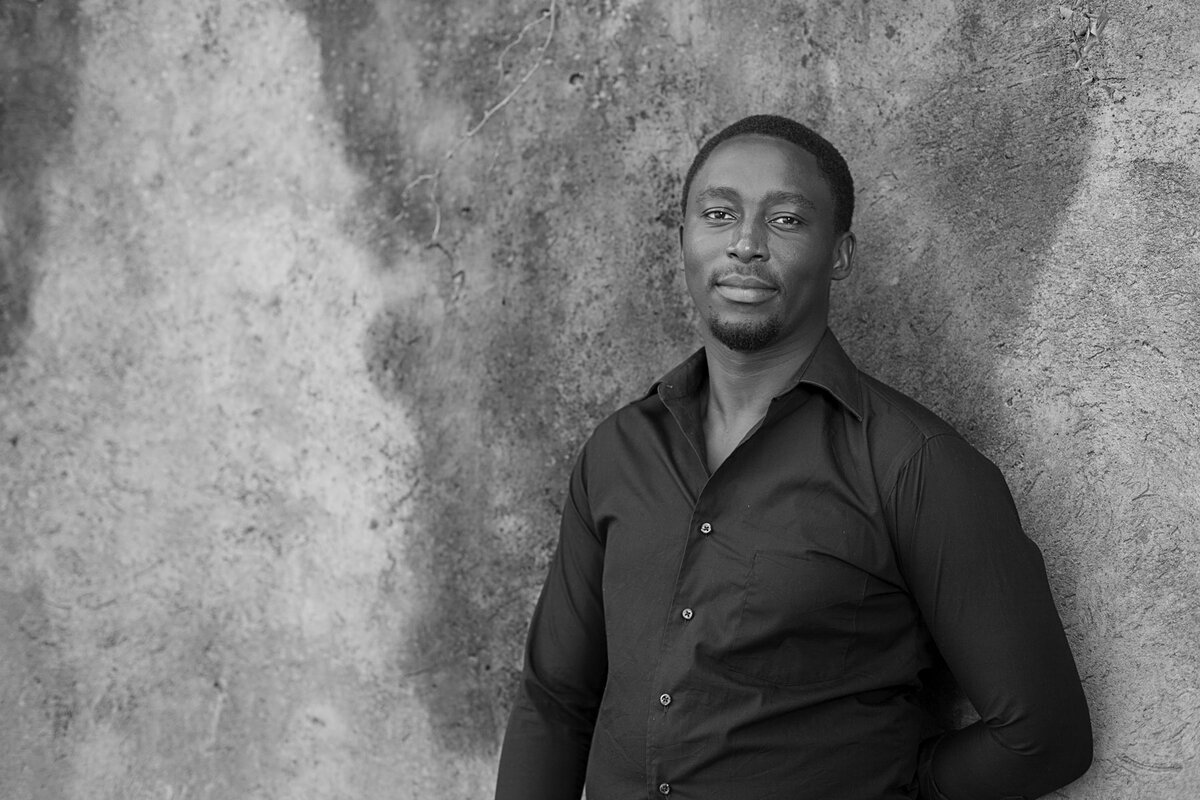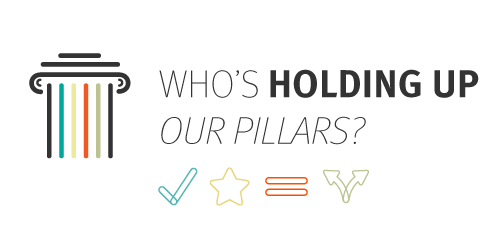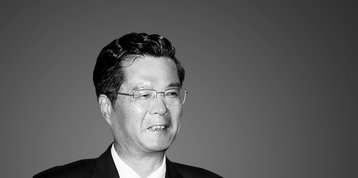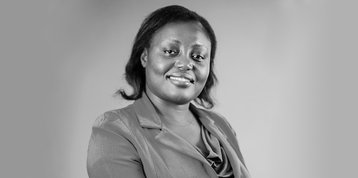Martin Wanzala

Communication, Communication, Communication
When he was 18, Martin Wanzala wanted desperately to help a classmate struggling with substance abuse and the risks of unprotected sex. But he had no clue where to start. Martin’s mother, a youth counsellor, gave him an armful of materials and said “… at the very least, tell him about condoms”.
It took a while for change to happen, but eventually, Martin broke through. His friend started listening, took the advice, and eventually teamed up with Martin to start a local youth group, sharing information about safe-sex practices. The group routinely gathered around in a “conversation circle” – a tried and tested advocacy model – and to break the ice, shared a traditional communal pot of mwala or millet beer. To reach those most in need of help, Martin often ended up putting his own reputation on the line by hanging out with what Ugandan society might refer to as the “black sheep” of the school. “In Uganda, premarital sex is heavily stigmatized,” Martin says. “So by befriending someone seen to be promiscuous, you too are often judged badly.”
“Information is power, and the right information can make change.”
Martin was one of the lucky ones. All throughout his youth, he had access to information. On his small radio, he would listen to programmes that called on young people to resist peer pressure and stay safe. He soon realized what a powerful tool good communication was. “Information is power,” he says, “and the right information can change the world.”
At university, Martin’s interest in advocacy grew as he participated in workshops on sexual reproductive health and rights. He co-founded Allied Youth Initiative–Uganda (AYI-Uganda) to help young people take on the challenges facing their communities, such as access to reproductive health supplies. Martin believes that reaching out to young people and their parents is key to raising awareness about reproductive health and expanding access to the necessary supplies.
“In Uganda, the biggest obstacle to contraceptive access for young people is the parents,” Martin says ruefully. “They believe that contraception leads directly to promiscuity. Parents and children just don’t talk about such intimate issues.”
Martin’s work is built on two principles. The first, to improve communication across generations; the second, to take lifesaving messages directly to young people themselves.
AYI-Uganda’s work is a testament to this approach. Their workshops bring together parents and children to confront the barriers that impede conversation on sensitive issues such as sexuality, and then encourage them to work through them. At the same time, AYI-Uganda speaks to young people directly by producing both radio shows and adverts for small rural cinemas, where dubbed versions of Hollywood blockbusters are very popular. When they learned that not all their audiences could understand the most commonly-spoken Luganda, AYI-Uganda began producing messages in local languages, and today, their messages reach young people in more than 100 districts across the country.
Martin is also training the next generation of Uganda’s leaders to educate their fellow youth on the issues and challenges affecting their community. Every now and then, someone will recognize Martin at an event and tell him that his work “saved their lives”. But Martin is not complacent because he realizes that educating young people in the face of stigma or religious opposition is an ongoing task.
“When I was growing up,” Martin remembers, “I wanted to be one of two things: a lawyer or a journalist. What those two careers have in common is communication. And today I work in a field that relies greatly on the power of communication. I would say the lifesaving power of communication.”

The ability of women and men to have equitable access to reproductive health supplies, irrespective of their financial well-being. For many potential consumers, the cost of supplies has been a major, but not the only, barrier to accessing what they need and want for reproductive and sexual health. The need for equity also draws its inspiration from a rights-based approach to achieving better RH health.
Who’s Holding up Our Pillars?
This story is part of “Who’s Holding up Our Pillars?”, a Coalition effort to invite our heroes working in supply chains to tell their stories. Read their stories and see who they contribute to our vital, everyday work.



